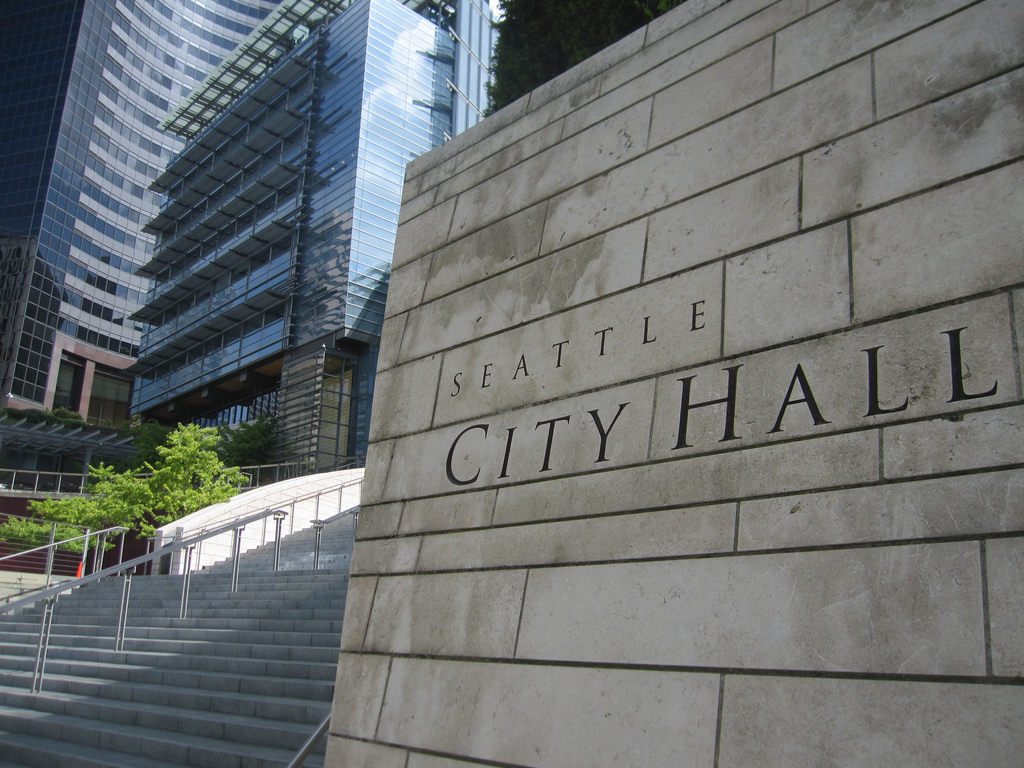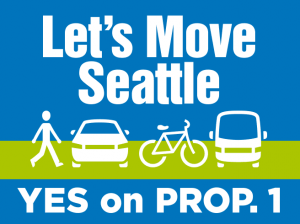The general election is just a month away. We’ve whittled down our choices for City Council from 47 (!) to 18 candidates, but only nine will make the cut — seven serving districts across the city and two serving the city at-large. We took the time to sit down with each of the candidates and ask about their vision for housing, transportation, and equity. From our interviews and the subsequent campaigns, we’re excited to release our endorsements for the general election. We believe these candidates represent a comprehensive vision for a changing and growing city. Together, they represent an urbanist Council.
There are also a host of important ballot initiatives, from campaign finance reform to transportation funding. We believe each of the four considered measures embodies our values of creating vibrant, healthy, and equitable communities.
Position 1 (District 1): Shannon Braddock

Shannon Braddock will bring political experience to this West Seattle race that has not seen any incumbent contenders. She is Chief of Staff for King County Council Member Joe McDermott and holds a Masters in Public Administration from the University of Washington. She strongly supports planning ahead for future populations by ensuring infrastructure is prepared for new development and by breaking down barriers between city departments. She supports the urban village land use strategy and is open to the whole toolbox of of affordable housing options, particularly accessory dwelling units (ADUs) in single-family areas. On transportation, she is supportive of multi-modal and safety projects, such as increased bus service on the popular Route 120, a road rechannelization on 35th Avenue SW, and a Ballard-West Seattle route in the Sound Transit 3 package.
Along with being supportive of family and child issues, such as childcare subsidies and closing the technology divide in schools, she is motivated by the needs of economically displaced people and Seattle’s homeless population. She supports policies that provide greater services and opportunities to marginalized people. She also wants to foster better relations between neighborhoods and the Seattle Police Department.
We believe Shannon has the community experience and vision for West Seattle that will benefit both her constituents and the city as a whole. We support her for District 1.
Read our original interview with Shannon Braddock.
Position 2 (District 2): Tammy Morales
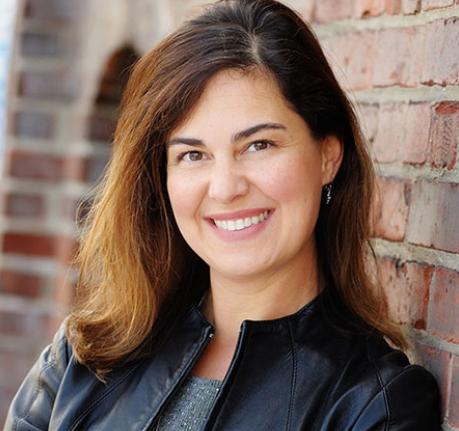
Tammy Morales will provide a unique voice for urban issues in Southeast Seattle. As an advocate on food access, she championed policies that give residents healthier, fairer, and wider access to quality food choices. On land use and development, she wants to see a broader set of choices for housing and building types. Tammy thinks that the City should reevaluate the urban village strategy, particularly in Southeast Seattle, so that it can better align with the infrastructure investments like light rail.
As a fighter for working families, she will work to bring more family-sized units to the housing market. She’s also concerned about the welfare of renters, supporting policies that give them greater stability. She’s an unabashed supporter for the City’s Vision Zero program, calling for bold action on a safety redesign of Rainier Avenue. She wants to expand transit and Pronto bike share throughout the city, including a new light rail station at Graham Street.
Tammy is also a total planning wonk; she’s a planner by trade with a degree in Community and Regional Planning from the University of Texas, Austin. We think that will work to her benefit in dialogue and advocacy on a wide range of social, environmental, and economic issues.
Read our original interview with Tammy Morales.
Position 3 (District 3): Kshama Sawant
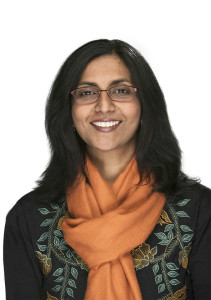
Kshama Sawant is well known for her successful campaign to raise Seattle’s minimum wage to $15 per hour, and her urbanist credentials are no less impressive. She believes solutions for affordable housing must meet the scale of the problem before us. To that end, she supports the maximum linkage fee, using the city’s bonding capacity to build high quality, affordable units, and, central to her campaign, rent stabilization measures. Building on her principles of standing up for working people, she believes the City needs a strong tenant’s bill of rights. She also appreciates the way marginalized communities, like LGBTQ folks and people of color, are especially impacted.
Kshama understands the strong connection between housing and transit, and the need to accommodate growth without causing excessive displacement. She understands a successful transit system serves trips beyond rush-hour work commutes. She is as committed to Vision Zero as anyone we talked to, asserting that the City should not tolerate traffic deaths any more than we would accept them in our own life.
We love that Kshama is unafraid to propose big, urbanist changes, and after 15 Now, we believe she can make them happen.
Read our original interview with Kshama Sawant.
Position 4 (District 4): Michael Maddux

Michael Maddux is a renter, a bike-commuter, the only openly gay candidate, and a true-blue urbanist. A long-time local activist and organizer, Michael knows how to achieve large policy goals, like establishing the Seattle Park District. His current goals are even more ambitious and just as admirable. He wants to turn parking lots into affordable housing. He wants the elimination of traffic deaths on municipal roads to be the city’s highest priority. He wants to investigate new progressive revenue options, including a capital gains tax on property transfers to target property speculators. He supports a new LGBT community center to address growing community needs, including a spike in hate crimes. He wants to invest in infrastructure, like safer road design and high-capacity transit. And he wants to invest in people, too, by funding apprenticeship programs (like the one at South Seattle College) that can help to give young people a way out of poverty.
Though he’s running for a district seat, Michael rejects parochialism. He wants what’s best for the city, and especially for its most vulnerable residents, regardless of where they live. We heartily endorse that sentiment — and we heartily endorse Michael’s candidacy.
Read our original interview with Michael Maddux.
Position 5 (District 5): Debora Juarez
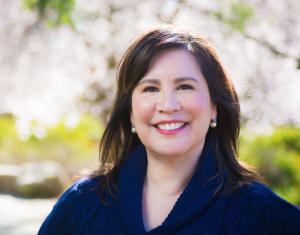
Debora Juarez has spent her life’s work fighting for the little guy. Her experience in the legal field has focused on bringing justice to marginalized groups. She’ll continue in that spirit on the City Council by championing programs that deliver equity.
One way that she plans to do that is through community development policies. She has a vision for the city future where whole communities are built — places that provide for every income and household type, contain all of the amenities needed to live, work, and play, and meet community-wide sustainability goals. Debora also wants to provide opportunity in every sense of the word. She believes that people should have the tools to innovate, learn, and get ahead.
Debora recognizes that her district in particular has serious transportation issues, which in many ways is the result of late annexation to the City. She staunchly supports measures that will create safer streets, provide better facilities for people on foot and bike, and enhance local transit. Debora will fight hard to bring a new light rail station at 130th St.
Debora embodies the best values of her district and will bring a thoughtful and sensible voice to the City Council.
Read our original interview with Debora Juarez.
Position 6 (District 6): Mike O’Brien
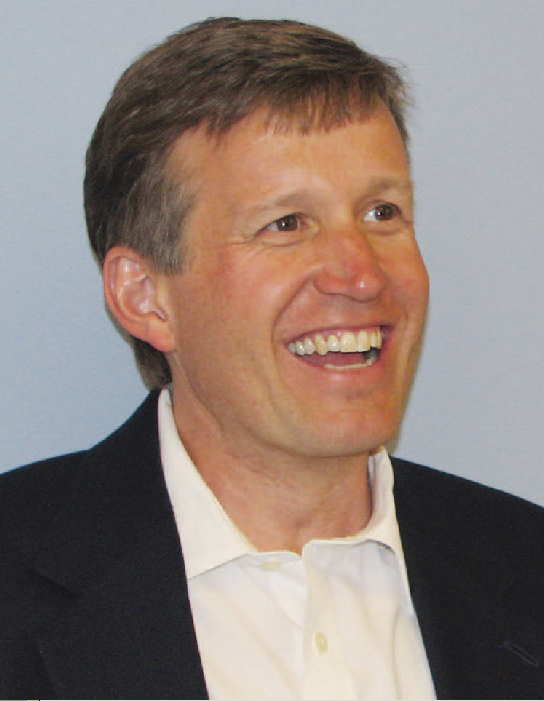
Mike O’Brien understands inclusionary zoning and spearheaded the linkage fee policy, for which he received considerable pushback. He could have limited his efforts to accessory dwelling unit and detached accessory dwelling unit reform but instead committed to solving the real problem: raising revenue to expand access to urban benefits. It is clear he understands the intersection of land use and inequality. He doesn’t gloss over issues with ‘growth is good’ talking points, but rather aims to make growth work for everyone. Mike is chair of the Select Committee on Housing Affordability and has actively implemented Housing Affordability and Livability Agenda (HALA) advisory committee proposals, recently introducing legislation with Mayor Murray, to deliver 6,000 affordable homes through a commercial linkage fee and Mandatory Inclusionary Housing for new multifamily developments. As chair of the Council’s Planning, Land Use, and Sustainability Committee, Mike has shown a dedication to keep growth equitable and circumvent reactive opposition by community members.
On transportation issues, Mike is equally strong. He’s been a strong advocate on the Sound Transit Board, supporting transit oriented development and equity. But more importantly, as a person who bikes, he understands the urgency of walking and biking issues.
The city that The Urbanist wants in the future is the city that Mike O’Brien is working to shape. His knowledge, experience, strategy, and tone are invaluable.
Read our original interview with Mike O’Brien.
Position 7 (District 7): Sally Bagshaw
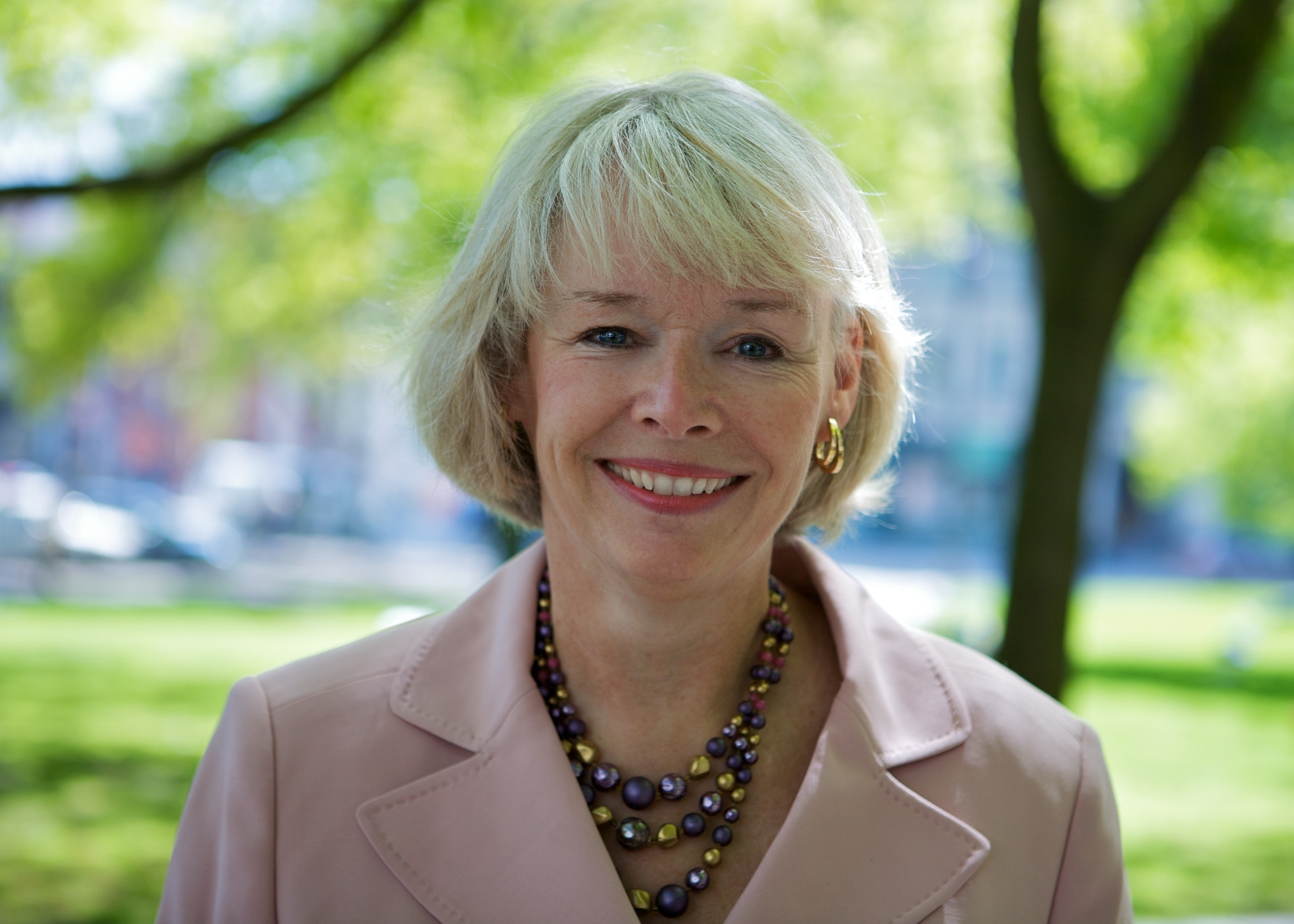
Sally Bagshaw represents both the ultra-dense urban living of downtown and the car dependent single-family neighborhood of Magnolia, giving her a moderated vision of urbanism. As a bike commuter, she depends on protected bike lanes for her commute, noting how much time the new 2nd Avenue lanes save her. She’s the local representative for Seattle’s “Downtown interests,” but displayed a willingness to push back where she anticipated backlash — pointing, for example, to the positive impacts bike lanes have on nearby businesses.
On growth, she noted there’s “no silver bullet, but there is a silver buckshot,” including a range of social investments from pre-K to nursing services for new parents. Sally fought for and won the right for 20 mph speed limits on city streets — a crucial component for our Vision Zero plan. With an eye towards equity, she wants to create a one-stop shop for low-income programs from the ORCA low-income fare to Seattle City Light’s utility discount. Paired with her recent votes against a series of anti-density amendments on low-rise development, she’s shown herself to be a vote we can count on.
Read our original interview with Sally Bagshaw.
Position 8 (At-Large): Tim Burgess
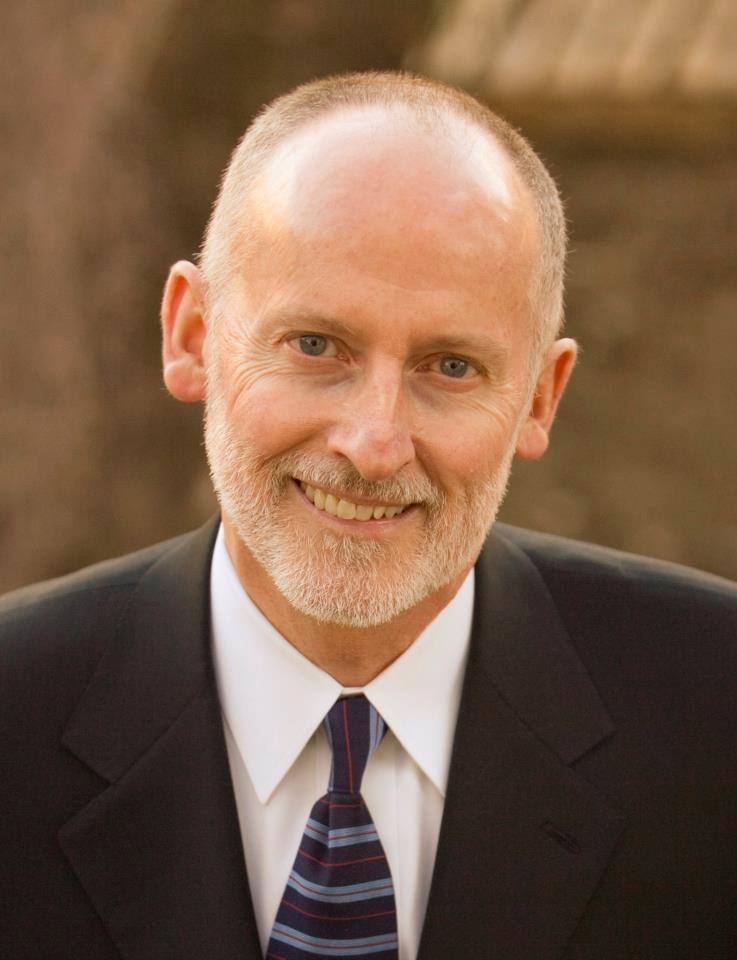
Tim Burgess has been a leading voice on the City Council since he was first elected in 2008. He led the way on the voter-approved pre-K education initiative and currently serves as City Council President. His diverse job history, including stints as a journalist and detective for the Seattle Police Department, has given him a grounded and moderate perspective on city politics. Throughout his tenure on Council, he has supported numerous urbanist policies, including: two recent tenant protections policies giving renters 90 days notice before eviction, a remodeled employee head tax to lessen congestion, a business development incentive for local small music venues, and the HALA “Grand Bargain.”
Tim is a strong supporter of density, upzones, and progressive taxation. He’s shown an authentic willingness to reconsider past policies — from the employee hours tax to micro housing. Tim is a leader, he shares our values, and he will continue to be a voice for our issues on the City Council.
Read our original interview with Tim Burgess.
Position 9 (At-Large): Lorena González
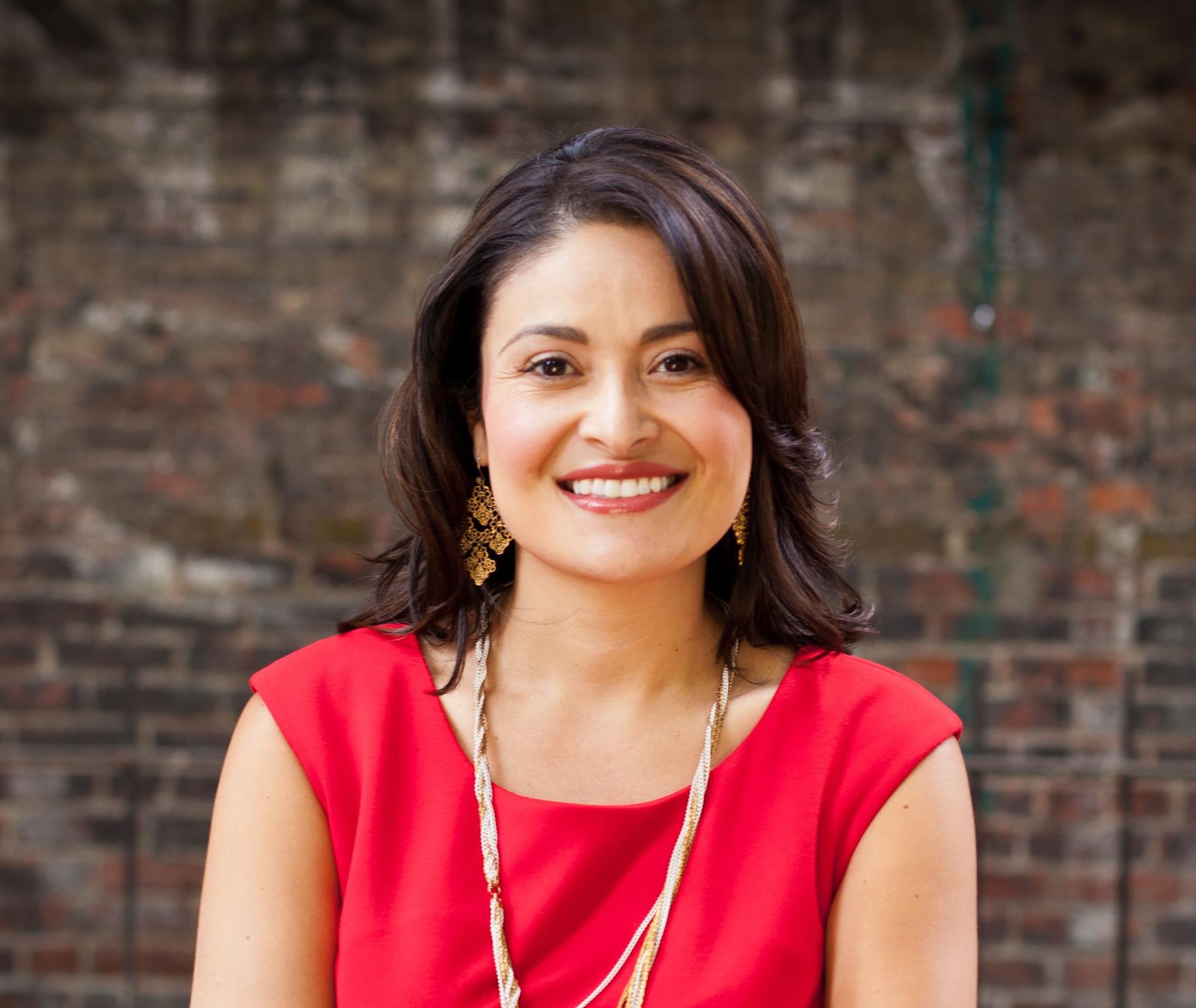
Lorena González is a tried and true leader with life and work experience that will provide wisdom and a needed perspective to the City Council. Raised as a migrant farmworker in the Yakima Valley, she worked her way through college to become a civil rights attorney, President Emeritus of OneAmerica, and President of the Latina/o Bar Association of Washington. She displays an understanding of and dedication to social justice principles and has a pragmatic eye for how to implement those principles city-wide.
Lorena will be an aggressive advocate in obtaining state and federal funds to build more low-income housing while searching for progressive and reliable revenue tools to ensure the City can fund its priorities. She supports mandatory inclusionary zoning, transit-oriented development, tenant protections, and accessory dwelling units. She believes that the City should aspire towards Vision Zero and challenges the primacy given to neighborhood aesthetics at the cost of greater housing.
She’s as comfortable in the weeds of wonky policy as she is giving a 30,000-foot values-based analysis of her political priorities. She’s a fighter, a tested and proven advocate, and a grade-A urbanist.
Read our original interview with Lorena Gonzáles.
Honest Elections (I-122): Vote Yes
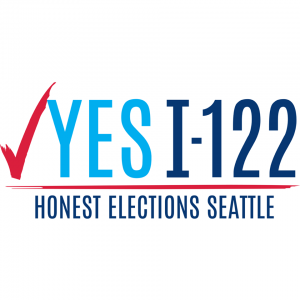 Initiative 122, also known as Honest Elections, is a thorough and pragmatic attempt to limit wealthy influence in Seattle elections and amplify the influence of individual citizens. The initiative would trigger a number of changes like prohibiting politicians from lobbying the City shortly after leaving office and preventing donations to elected officials from businesses that win City contracts.
Initiative 122, also known as Honest Elections, is a thorough and pragmatic attempt to limit wealthy influence in Seattle elections and amplify the influence of individual citizens. The initiative would trigger a number of changes like prohibiting politicians from lobbying the City shortly after leaving office and preventing donations to elected officials from businesses that win City contracts.
Honest Elections goes further than most election reform laws. The signature change is a policy called Democracy Vouchers. This portion of the initiative would provide a $100 in vouchers to every voter in the city. The vouchers can be given to any candidates they choose, allowing individual citizens (including people who don’t have money to spend on politics) to become more engaged in the political process. Further, even if a small number of citizens used their vouchers, it will reduce the marginal benefit of money from special interests, likely reducing the incentive for special interests to spend enormous sums on elections.
You can read a more detailed take on the proposal from the Sightline Institute, including their entire coverage, addressing inaccurate criticisms and additional benefits. Overall, this initiative has the potential to spark a change in the way elections are managed across the country. Seattle would be the first city to enact Democracy Vouchers. A small increase in property taxes could transform elections.
We encourage a “yes” vote on Honest Elections initiative.
Transportation Levy to Move Seattle (Proposition 1): Vote Yes
The Levy to Move Seattle is a $930 million, nine-year measure to fund essential transportation investments across our city. As our city grows, our infrastructure must keep up.
The measure funds a host of new transit choices, including seven RapidRide+ corridor projects and improved light rail connections, like a new stop at Graham St in Southeast Seattle. It offers more options for people who bike and walk. Over 50 miles of protected bike lanes, 60 miles of Neighborhood Greenways, new Safe Routes to Schools, and a pedestrian bridge across I-5 at Northgate will be funded by the package. It also addresses our growing maintenance backlog by repairing 225 blocks of sidewalks and seismically reinforcing vulnerable infrastructure including 16 bridges — to name just a handful of projects.
Some naysayers have decried the price tag and raised concerns about accountability. We say those concerns don’t match the facts. To start, this levy represents a mere $12 per month increase for the average homeowner. The real cost comes from hours spent sitting in traffic and lives lost due to unreliable infrastructure and unsafe intersections, which this measure will mitigate. But even if the price tag is large, we believe big problems require big solutions. Regarding accountability, City’s transportation department has a track record of over-delivering. The Bridging the Gap Levy, which this measure would replace, met or exceeded nearly every goal, including: 48 new Safe Routes to School (goal of 30), six bridges replaced or rehabilitated (goal of three to five), 90,000 replaced street/regulatory signs (goal of 50,000), and 50,000 hours of new Metro service (goal of 45,000). Paired with an oversight committee and annual reporting metrics, we have every reason to believe this measure will be another success.
Passing this levy is essential to keep our city moving. Vote “yes.”
Best Starts for Kids (Proposition 1): Vote Yes
 On the King County ballot, Best Starts for Kids (Proposition 1) is one of the first initiatives of its kind in the nation to comprehensively address early childhood development. The proposition will fund early intervention and prevention programs to improve health and well-being outcomes.
On the King County ballot, Best Starts for Kids (Proposition 1) is one of the first initiatives of its kind in the nation to comprehensively address early childhood development. The proposition will fund early intervention and prevention programs to improve health and well-being outcomes.
Although much of King County is prosperous, geographic inequalities including higher incidences of poverty and infant mortality impact child development. Best Starts for Kids is informed by evidence that brain development is most critical from ages 0 to 3, with early intervention being the most effective and economical approach for addressing serious health and social problems. Proposition 1 is critical for enhancing educational, social and economic opportunities for children regardless of geographical location or socio-economic background. Presently, 75% of King County’s General Fund is dedicated to the criminal justice system to deal with the negative outcomes of mental illness, substance abuse, domestic violence, incarceration and homelessness, through law enforcement, courts and jails. This proposition aims to focus investment on preventing these negative outcomes and reduce the costs and consequences of treating people later in life.
To boost services to support the cognitive, emotional and social development of children, King County is asking for $65 million per year, funded through a property levy of 14 cents per $1,000 assessed value, over six years. The levy would support a range of health and educational programs, particularly for children under 5, including nurse home visits for new parents and babies, prenatal support, mental health and developmental screenings. Funds would also be directed to prevention of child and youth depression, substance abuse, developmental disabilities and homelessness. Place-focused interventions include increasing access to healthy and affordable food, and expanding economic opportunities and affordable housing.
We recommend a “yes” vote for Best Starts for Kids.
Community Transit Now (Proposition 1): Vote Yes
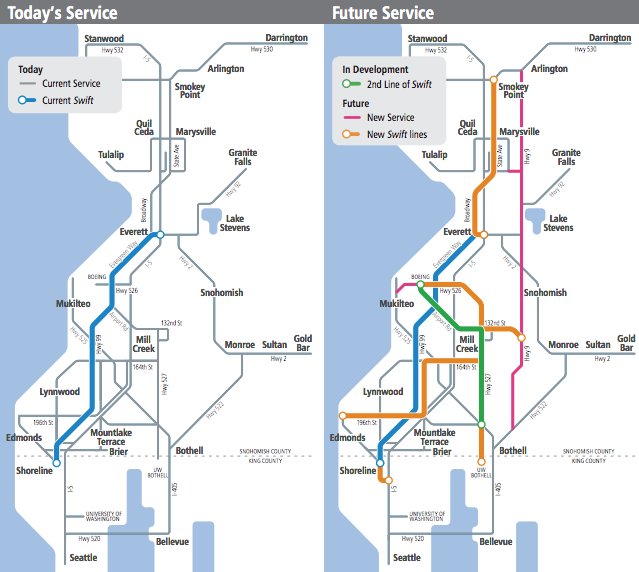
Transit in Snohomish County could be radically transformed for first time in nearly a decade if voters approve Proposition 1. The measure is slated to increase transit funding by 25% and transit service by roughly 100,000 hours annually, all for a new 0.3% sales tax. Proposition 1 is built upon two fundamental pillars: making existing transit services better and creating brand new service where there is strong demand. Community Transit has always been a good steward of taxpayer resources and made tough choices during the economic crisis by eliminating over 37% of service. Since then, the agency has made targeted investments through fleet upgrades, improved route efficiency and reliability, and increased service by more than 47,000 hours — with another 21,000 hours programmed for addition — all without asking for more funding.
Proposition 1 will deliver immediate and longer-term investments that increase daily trip frequencies–particularly during midday and evening hours — across the local bus network, restore more Saturday, Sunday, and holiday service, introduce late night service, and boost service on in-demand commuter routes to Downtown Seattle and the University District. Wasting no time in implementing enhanced transit improvements, the first round of changes would begin in early 2016 with continued service expansion at least through 2018. But the good news doesn’t stop there.
Community Transit will introduce brand new routes, too. Building upon the massive success of Swift, a bus rapid transit service, at least two new corridors will receive similar high quality service treatments. The first new Swift line is planned from Paine Field to Bothell via Mill Creek; three other corridors are contenders for the other new Swift line. High on the list for new local bus service is a Marysville-to-McCollum Park route, which will roughly follow SR-9 and SR-96 to offer more neighborhood-to-neighborhood connections in suburban communities. Community Transit will also invest heavily in the popular vanpool program that provides alternative access for commuters and commit to even better DART service for those with accessibility challenges.
Proposition 1 investments will undoubtedly position Snohomish County on a stronger social, environmental, and economic footing by allowing people to get to work, school, and other places, often without ever having to use a car. We recognize that transit is imperative to creating healthier, walkable, and sustainable communities. We give our strongest possible endorsement for this sensible and comprehensive approach to local transit.
Vote “yes” on Proposition 1.
The Urbanist Editorial Board consists of Owen Pickford, Stephen Fesler, Ben Crowther, Sarah Oberklaid, and Scott Bonjukian.
The Urbanist was founded in 2014 to examine and influence urban policies. We believe cities provide unique opportunities for addressing many of the most challenging social, environmental, and economic problems. We serve as a resource for promoting and disseminating ideas, creating community, increasing political participation, and improving the places we live.


